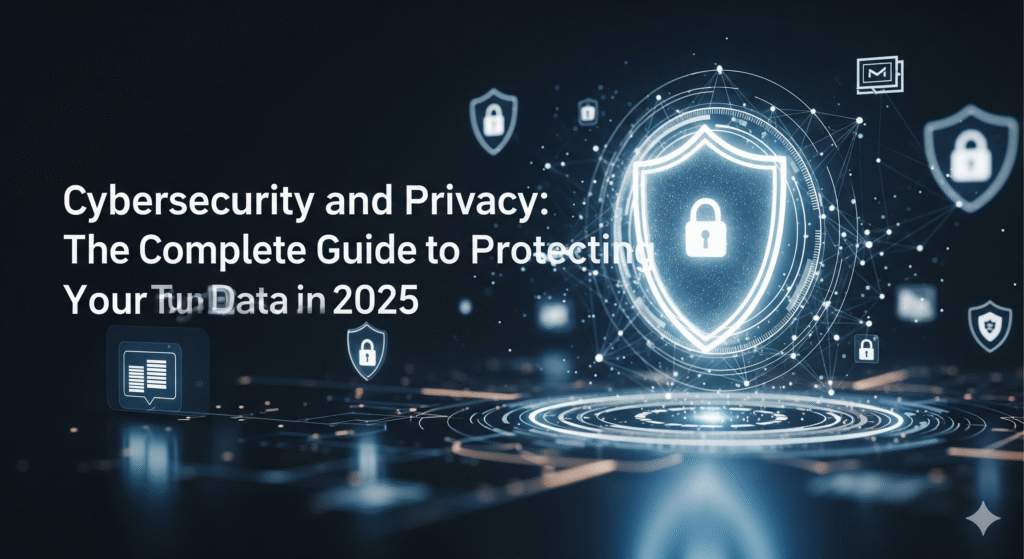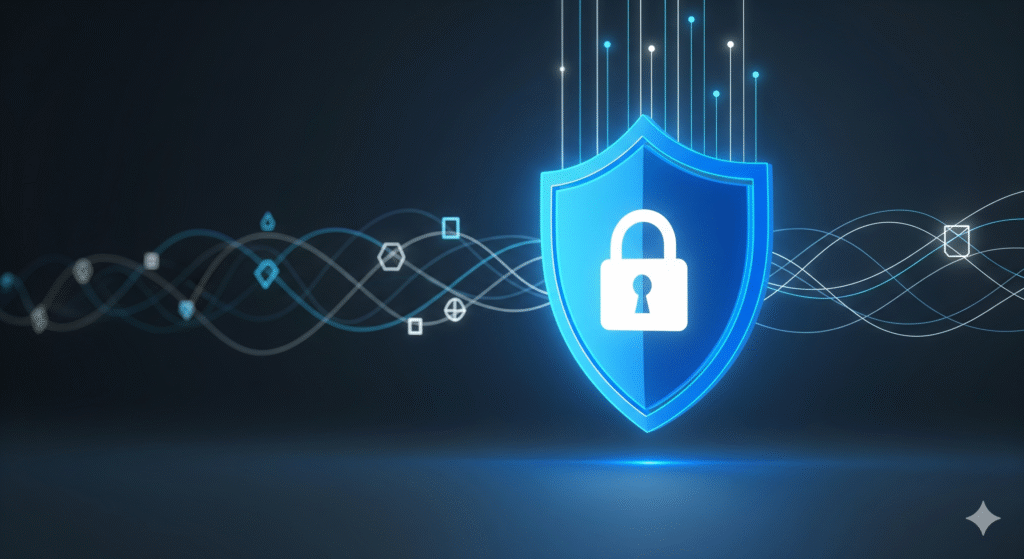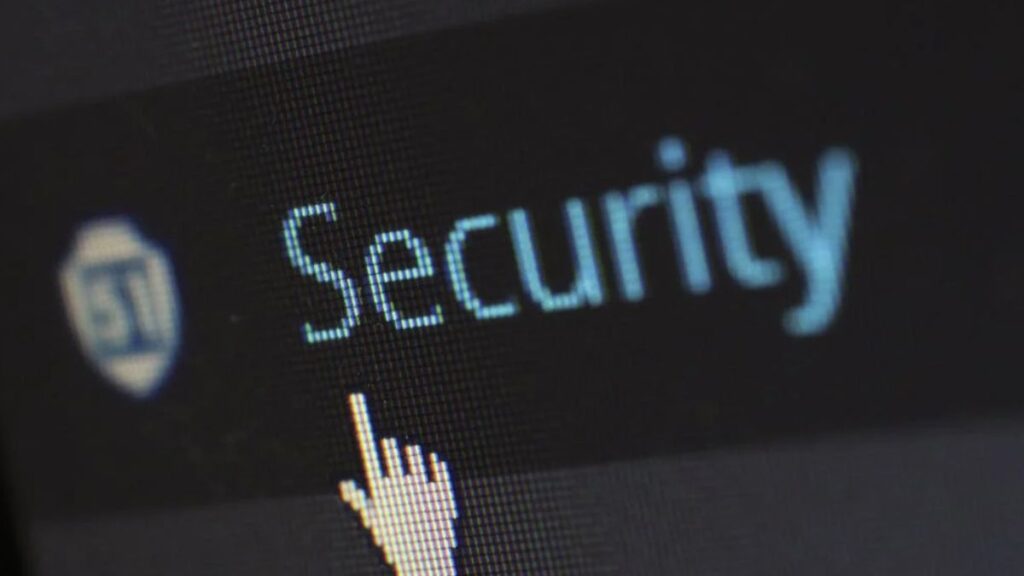Do you feel completely safe online? With new threats emerging every day, protecting your personal information has become more complex than ever. From social media privacy to financial data, the risks are real and constantly evolving. But what if you could take control of your digital life and secure your information against these threats? In this complete guide, we’ll walk you through the essential steps to strengthen your cybersecurity and privacy, ensuring your peace of mind in 2025 and beyond.
The key to a more secure online presence is a combination of the right tools and a strong sense of awareness. It’s not just about what apps you use, but how you use them. We’ll show you how simple habits can make a huge difference in your digital security and protect your identity from hackers, scams, and data breaches.
Fortifying Your Online Defenses: The Non-Negotiables
The foundation of strong online security starts with basic habits. Your first line of defense is a robust password. Instead of using a simple word or date, opt for a unique combination of letters, numbers, and symbols for every account. Don’t reuse passwords—ever. The best way to manage this is with a trusted password manager like 1Password or LastPass. They not only store your passwords securely but also generate strong, unique ones for you.
Next, you need to enable two-factor authentication (2FA) on every possible account. This adds a crucial layer of protection, requiring a second form of verification (like a code from your phone) even if someone gets your password. For a seamless experience, consider using an authenticator app like Google Authenticator or Authy rather than SMS codes, which are less secure.
The Shield Against Digital Snoops: Using a VPN
Your privacy on the internet is constantly under threat from snoopers, internet service providers, and advertisers tracking your every move. This is where a Virtual Private Network (VPN) becomes indispensable. A VPN encrypts your internet connection, routing it through a secure server. This makes your online activity virtually unreadable to anyone trying to intercept your data.
A reliable VPN service like NordVPN or ExpressVPN can hide your IP address and location, giving you anonymity as you browse. This is especially important when using public Wi-Fi networks, which are notorious for being unsecured. Think of a VPN as a personal shield that protects your sensitive information, from banking details to browsing history, from prying eyes.
Protecting Your Devices: The Smart Way
Your devices are the gateway to your personal information, making them a primary target for malicious software. Antivirus and anti-malware programs are no longer optional—they are a necessity for personal data protection. A modern security suite does more than just scan for viruses; it provides real-time protection against phishing, ransomware, and spyware.
Brands like Norton, McAfee, and Bitdefender offer comprehensive packages that protect not just your computer but also your smartphone and tablet. Remember to keep all your software, including your operating system, updated. Software updates often include critical security patches that close vulnerabilities before hackers can exploit them.
Securing Your Social Footprint
While social media keeps us connected, it can also be a significant risk to our online privacy. The information you share, even with friends, can be used to build a profile about you. Start by checking and adjusting your privacy settings on every social platform. Limit who can see your posts, photos, and personal details like your phone number or birth date.
Be mindful of the information you share publicly. Sharing your location, travel plans, or even a photo of your new pet can give malicious actors clues for a social engineering attack or a targeted scam. The less personal information you make available online, the harder it is for someone to compromise your identity.
Staying Ahead of Scams and Phishing
Phishing scams are more sophisticated than ever. An email that looks like it’s from your bank, or a text message from a delivery service, could be a fake designed to steal your information. Always be cautious. Never click on links in suspicious emails or texts. Instead, go directly to the official website of the service and log in from there.
Look for red flags like a sense of urgency, grammatical errors, or a strange sender address. Being skeptical is your best defense against these malicious attempts. By staying informed about the latest scamming tactics, you can protect your digital life from fraudulent schemes.
In 2025, cybersecurity and privacy are not just technical terms—they are practices you need to adopt to thrive online. By taking control of your passwords, using a VPN, securing your devices, and being smart about your social media presence, you build a robust defense that keeps your information safe. Start implementing these habits today to transform your digital experience from a potential liability into a secure and private one.



